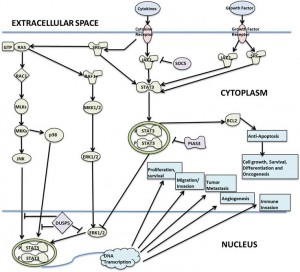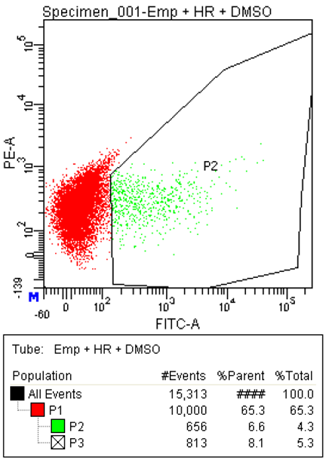Dr. Williams’ laboratory focuses on the molecular biology and genetics which govern response to treatment after chemotherapy, novel molecularly-targeted agents, and radiation, including DNA damage response pathways. Knowledge of the genetics and molecular biology prior to treatment, and the manner in which activation of these biologic pathways changes after treatment, could potentially lead to identification of predictive biomarkers of response to therapy, or identify novel resistance pathways which could then be targeted to improve cancer control. Thus, the goals of current projects in the lab are to identify novel biomarkers of response to radiation in combination with other therapies, including chemotherapy or molecularly-targeted agents, as well as pathways conferring resistance to these therapies. Research is centered in the study of gastrointestinal (pancreatic, esophago- gastric, colorectal, and hepatobiliary), thoracic (non-small cell lung cancer), thyroid, and head and neck malignancies, using pre-clinical modeling and human tissue specimens. Additional laboratory interests include study of caveolar-mediated endocytosis in tumor cells, utilization of human tissues to perform molecular profiling to identify novel signatures that predicts clinical outcomes and response or novel targets, and studying the role of stroma in radiation response.We utilize human and murine cell lines, rodent models (transgenic knockout and wild type mice strains, patient-derived xenografts, orthotopic models), and human tissues to carry out our work. Ultimately, our translational laboratory studies cancer genetics, molecular and cellular oncology, DNA repair, chromatin and radiation biology, with the goal of making new discoveries that can be translated to improve patient care, through improved therapeutic efficacy or therapeutic selection using prognostic and predictive signatures.
Active Research Projects include:
- Investigating oncogene-mediated radioresistance (e.g. KRAS, BRAF)
- Rational development of novel therapeutic combinations of molecularly-targeted agents and radiation targeting DNA repair, the immune system, and apoptosis
- Studying caveolins and caveolae-related endocytosis and their importance with regards to tumor progression and response to therapy
- Development of novel therapeutics targeting caveolae

- Molecular profiling of GI and lung malignancies using systems-based approaches (e.g. miRNA, mRNA expression, methylation)
- Novel DNA repair pathways and their relationship to cancer development and therapeutic response.





